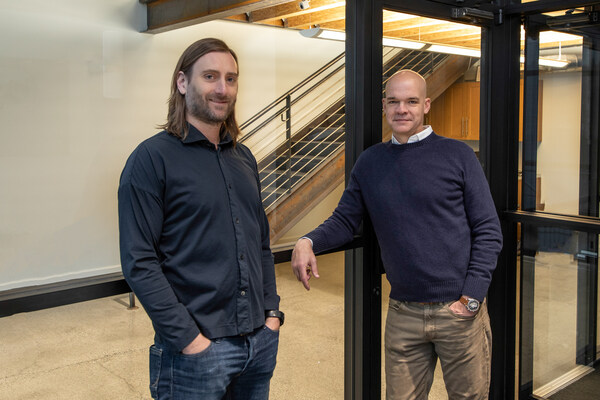Insider Brief
- Sabah, a Malaysian state, is conducting a feasibility study to become a regional hub for satellite assembly and space launches, leveraging its equatorial location and coastline.
- Experts say success depends on building a skilled aerospace workforce, securing investment and addressing infrastructure issues like power and water shortages.
- The project aligns with Malaysia’s National Space Policy 2030, but attracting companies like SpaceX will require strong regulatory and financial support.
Sabah, a Malaysian state on Borneo, wants to become a regional hub for satellite assembly and space launches, but experts say success hinges on building an aerospace workforce and attracting global players like Elon Musk’s SpaceX, according to the South China Morning Post(SCMP).
The state government last week announced a one-year feasibility study to assess Sabah’s potential as a space industry center. The project, first proposed in 2023, is backed by a memorandum of understanding with Ukraine’s Yuzhnoye State Design Office, a firm specializing in rocket technology, and Malaysia’s Sovereign Sengalang, a defense and aerospace company.
Sabah’s appeal lies in geography. With 1,500 kilometers of coastline and a location near the equator, it offers ideal conditions for launching and recovering rockets, SCMP reports. Equatorial launch sites provide fuel efficiency advantages, as rockets gain extra speed from Earth’s rotation, making launches more cost-effective.

Chief Minister Hajiji Noor has said a space hub could generate 200 million ringgit (US$45.5 million) annually, create 5,000 jobs, and spur new businesses in construction, electronics, and logistics. However, no cost estimates or timelines have been released.
Malaysia Aerospace Industry Association President Naguib Mohd Nor believes Sabah has the potential to succeed if the right structures are in place.
“To have a successful industry, you must have the talent and competencies,” he told This Week in Asia, as reported by SCMP. “It is very much feasible, but I think it really is about whether or not there is a body that can see the project through.”
The challenge is infrastructure. Sabah has long struggled with power and water shortages, which could deter investors and complicate industrial expansion. Large-scale foreign investment in the space project could help fund infrastructure improvements, but securing that investment remains uncertain.
Convincing companies like SpaceX to set up in Sabah will require a strong business case, said Oh Ei Sun, a senior fellow at the Singapore Institute of International Affairs.
“If the foreign investment is huge and exclusive without the need for co-funding from the state or federal governments, [the space project] could take off,” he told This Week in Asia.
Even with potential economic benefits, Sabah would still need to ensure reliable electricity and water to support a high-tech industry. Policy analyst Hafidzi Razali said state and federal authorities must coordinate investment incentives to make the project viable.
Malaysia’s National Space Policy 2030, launched by Prime Minister Anwar Ibrahim, aims to expand the local space industry. The country already has aerospace expertise, supplying aviation giants like Boeing and Airbus with engineering services and aircraft components.
“All the elements are there … Just look at SpaceX. It is one man,” Naguib said. “If one man can achieve so much, how can a state not be able to do it?”
The feasibility study will determine whether Sabah’s ambitions align with the realities of funding, infrastructure and investor interest.
Share this article:










